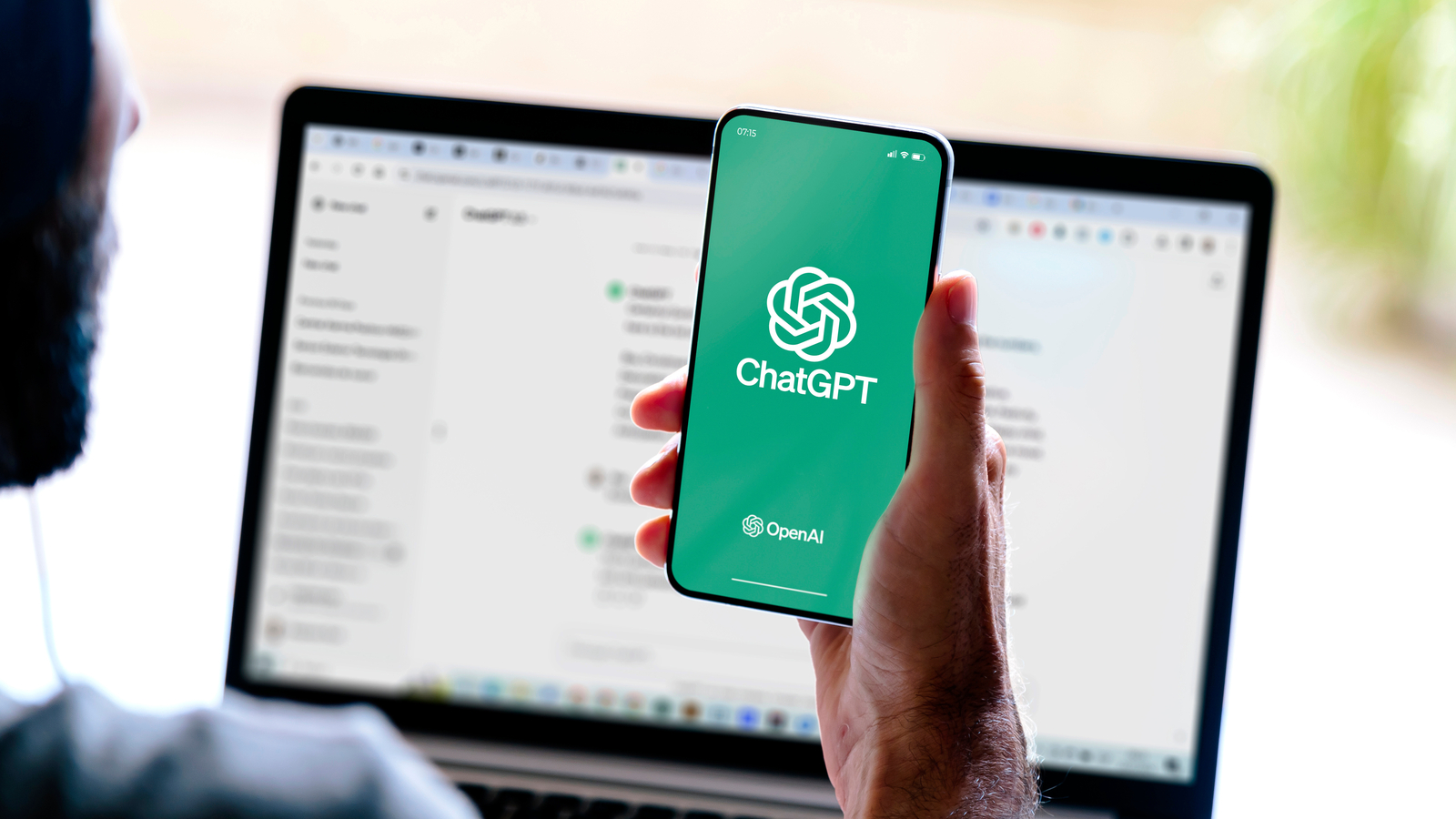ChatGPT Experiences Major Outage in the US and UK; Online Reactions Follow

Significant Outage at OpenAI: ChatGPT Unavailable for Users
On March 24, 2025, OpenAI experienced a substantial outage affecting ChatGPT, one of the most popular AI-driven applications. This disruption left thousands of users in the United States and the United Kingdom unable to access the chatbot and its associated apps, including Sora.
Timeline of the Outage
Reports from DownDetector indicate that user complaints about ChatGPT began surfacing around 9 AM Eastern Time. The issues persisted for about three hours before starting to resolve around 11 AM ET. This incident marks a notable event for ChatGPT, which had faced similar significant disruptions in January and the latter part of the previous year. However, it had generally maintained a more consistent performance since then.
User Reactions to the Outage
As news of the outage spread, numerous users took to social media to express their frustration. Some comments from users highlighted their reliance on the service in both personal and professional contexts. Here are a few notable reactions from users:
- One user on X exclaimed, "ChatGPT is down 😭 wait I can’t breathe," highlighting the emotional impact of the outage.
- Another user questioned, "Is ChatGPT down during a 9-5 on a Monday??" suggesting that the timing impacted many who needed the service for work purposes.
- A third user pondered, "Is ChatGPT down for everyone else or is it just me?" demonstrating the confusion many faced as they experienced connectivity issues.
Understanding the Impact
The outage serves as a reminder of the increasing dependence on AI applications like ChatGPT across various sectors. Users often depend on these tools for immediate assistance, whether for casual inquiries or professional tasks. The intermittent availability of these services can disrupt workflows and create a sense of urgency among users who rely heavily on AI technologies.
Types of Users Affected:
- Professionals: Many individuals use ChatGPT for tasks such as brainstorming, drafting documents, or obtaining quick information.
- Students: Students often turn to AI for homework help, research, and study aids.
- Casual Users: People use ChatGPT for entertainment, casual conversation, and curiosity-driven inquiries.
- Historical Outages:
- Prior Incidents: ChatGPT faced significant outages late last year and earlier this year, raising questions about the reliability of the service.
- Improvements Post-Outage: After each disruption, OpenAI has typically implemented improvements to strengthen system stability.
Service Status and Communication
OpenAI acknowledged the outage in a brief note on its status page, reassuring users that they were aware of the issues and working toward a resolution. Transparency in communication is essential during such incidents, as it helps to mitigate user frustrations.
Future Considerations for AI Services
As reliance on AI tools continues to grow, it becomes imperative for platforms like OpenAI to enhance their infrastructure to support more stable service delivery. This might involve investing in more robust server systems, load balancing technologies, and redundancy protocols to minimize future disruptions.
For many users, the occasional outage is frustrating, but the benefits these AI tools offer keep them engaged. As they navigate through such challenges, platforms that actively work to support and improve their services will likely retain the trust and loyalty of their user base.
Overall, while the experience of downtime serves as a setback, it also opens conversations about the evolution of AI technology and its necessity in daily life. As users adapt to these changes, continuous dialogue about service reliability will be beneficial for both developers and users alike.






